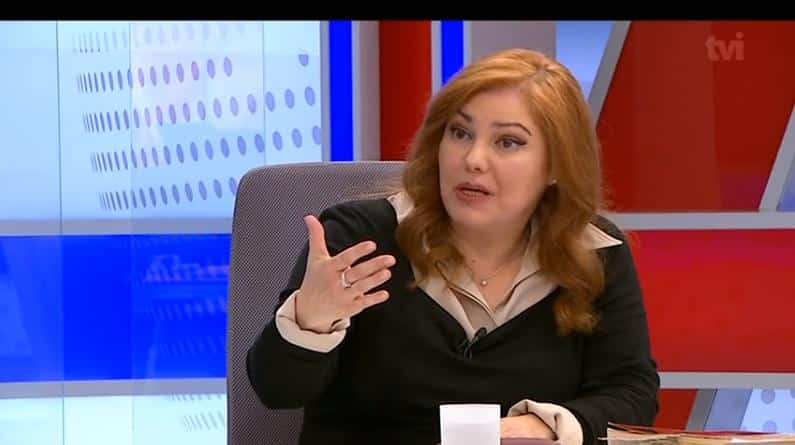Return from summer sees 60% of schools open ‘on appointed day’
It’s that time of year again: hundreds of thousands of pupils are returning to school from the summer break; some of them are starting, and practically all of them will be faced with subjects for which they have no teachers.
It is the same every year – or certainly has been for many years. The Ministry of Education has accepted that ‘thousands of teachers are missing’ for the start of this academic year, and that “the situation could worsen in the coming days”.
Around 60% of the nation’s schools have managed to comply with the government ‘timeline’, and open their doors today.
The rest will bring up the rear, opening some of them tomorrow – as a day more for ‘presentation’ of pupils with their new reality – others will only officially start the term on Monday.
This year, among the habitual issues of teacher shortages, is the subject of mobile phones in the classroom: the government is ‘recommending’ that they should not be allowed for pupils under the age of 12 (or rather, for pupils in what is known as the 1st and 2nd cycles).
From Year 7 (the start of the 3rd cycle), the government recommends the ‘restricted use of mobile phones’ by pupils – many of whom use their phones for schoolwork purposes.
But none of this is ‘hard and fast’: the official line is that it is up to schools to decide.
And this is truly a much more secondary issue to the habitual one of missing teachers. As education minister Fernando Alexandre has stressed: “We don’t know what it will be like this year, but the expectation is that it is possible that the lack of teachers for this reason will increase in the coming days. But we’ll make the effort to place them through school contracts and we’ll start the new selection process quickly.”
“The ministry is maintaining its optimistic targets”, writes Lusa: to reduce the number of students without lessons in at least one subject by 90% during the 1st term compared to the same period last year.
A new extraordinary selection process, approved last week by the Council of Ministers and aimed at the schools most lacking teachers, should be completed by November. And there are other measures in place: with the “+ Aulas + Sucesso” plan, schools will be able to hire retired teachers with extra pay/ doctoral scholarship holders/ retain teachers who are at retirement age but agree to continue teaching.
“It’s an attempt, through new profiles and more flexible management on the part of (school) principals, to mitigate this structural shortage of teachers, which causes very significant damage to students’ learning,” said Alexandre, explaining that it will only be possible to assess the impact of these measures from October onwards.
“We know that, on the part of retired teachers, there are many expressions of interest in coming back and helping to solve this problem and we hope to achieve this mobilisation because, in fact, only with it will we be able to solve the problem”.
The government is also offering lump sum payments (of between €150 and €450) to teachers placed in schools ‘far from their areas of residence, and/ or where hiring teachers is difficult.
In Fernando Alexandre’s eyes, the government’s “willingness” and “imaginative measures” show it is committed to sorting out an impediment to the education process that has been blighting pupils’ chances for success for decades.
Source material: LUSA




















